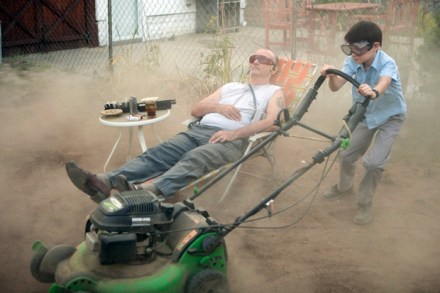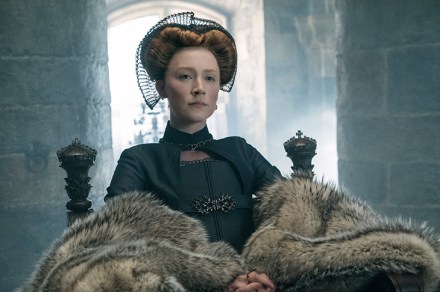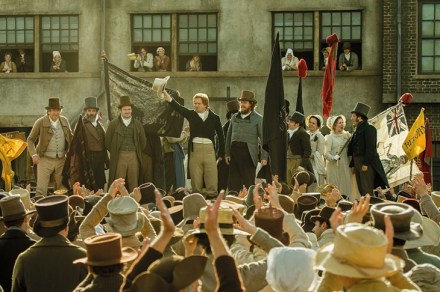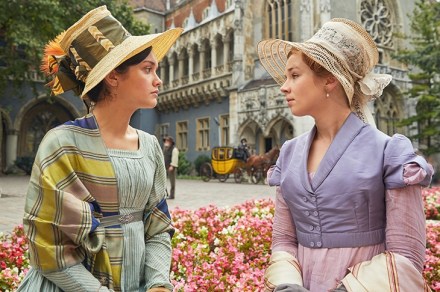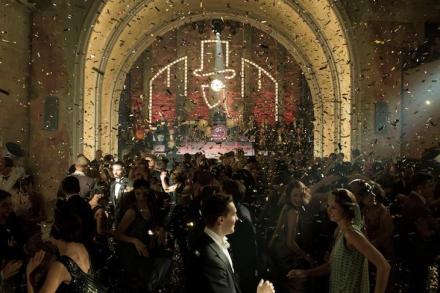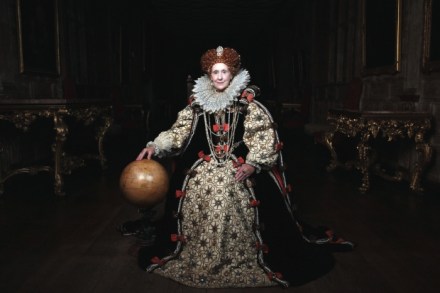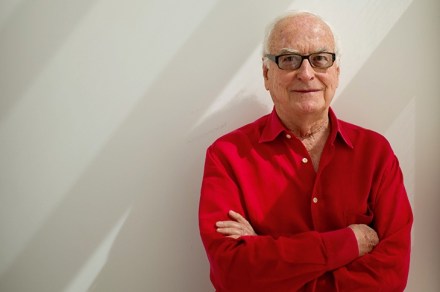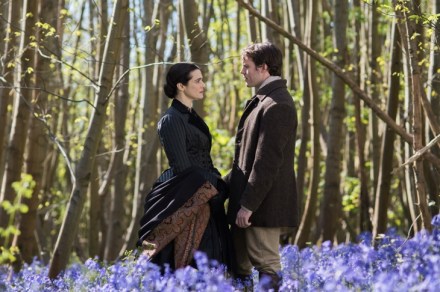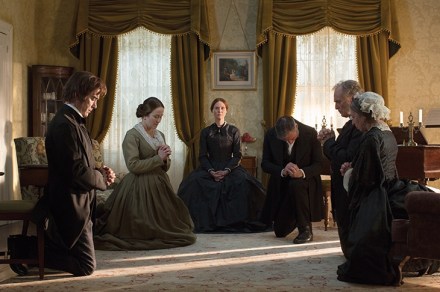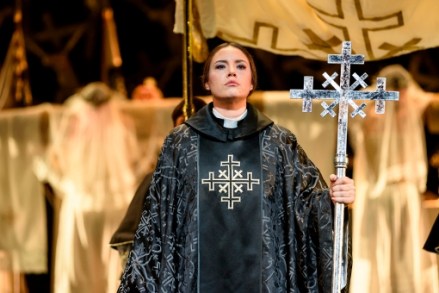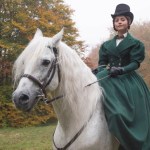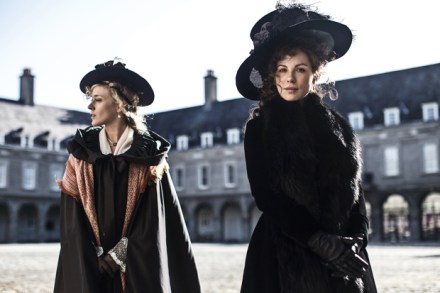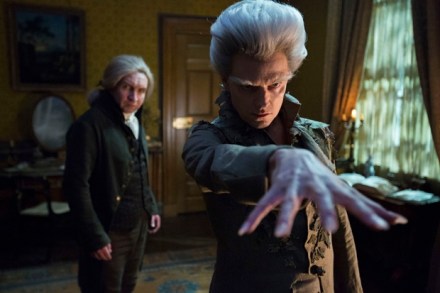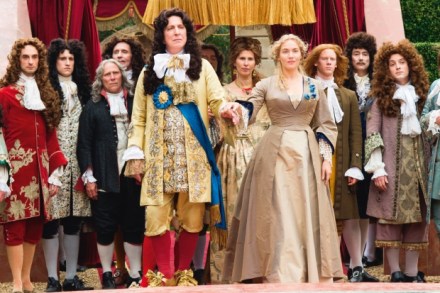Extremely predictable and extremely dull: Downton Abbey reviewed
The much-anticipated film version of Downton Abbey has arrived and I suppose you could describe it as the Avengers Assemble of period drama, where everyone turns up and just does it all over again, but minus the throat kicks in this particular instance. Also, it’s critic-proof and the fans will race to see it even though it is, in truth, extremely predictable as well as extremely dull. Lady Mary? Wasn’t she interesting once? Didn’t she kill a Turk with sex? Why is she now so blah? Some throat kicks would have been welcome, actually. More throat kicks and fewer of Carson’s moralistic pep talks might have worked wonders. The film


